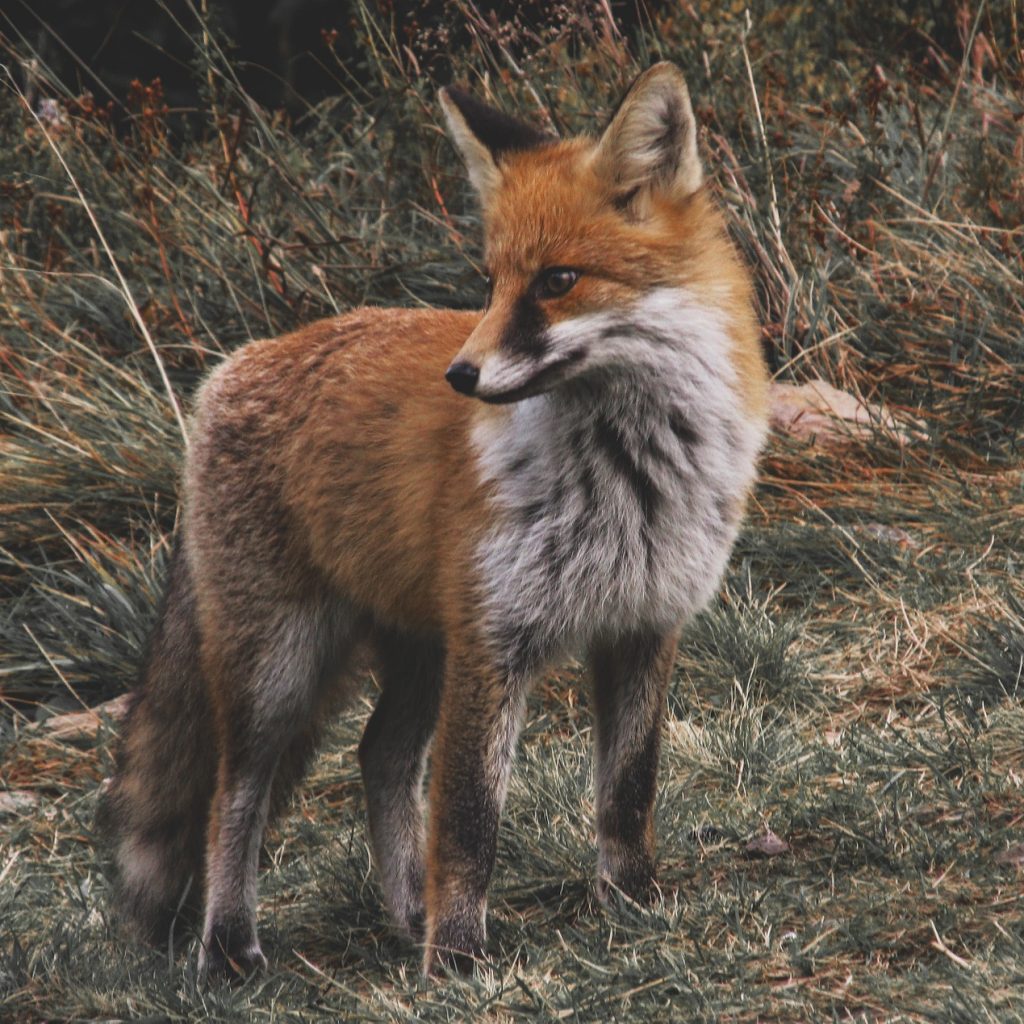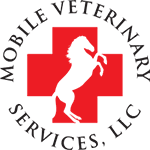Rabies is caused by a virus that infects mammals and is spread through the saliva/bites by infected animals. The virus exists in several wild animal reservoirs, most commonly bats, skunks, raccoons, and foxes. After the virus is transmitted via bite, it replicates in the muscle at the site of the bite, and then travels to the central nervous system (brain and spinal cord). The virus continues to replicate in the central nervous system and then spreads through the rest of the body, including the salivary glands, which then allows transmission to other susceptible animals.

Is rabies a problem in Colorado?
In 2019, there were 173 lab-confirmed cases of animal rabies in Colorado, including canine, feline, and camelid cases. So far in 2020, Colorado has seen 71 lab-confirmed cases of rabies, including in a dog, goat, sheep, and bull. It is important to remember that because rabies is endemic in bat, skunk, and raccoon populations, these numbers don’t accurately represent the true prevalence of this disease.
What does rabies look like in horses?
While mention of rabies conjures images of a frenzied animal frothing at the mouth, clinical signs in the horse can be extremely variable, so many people may be potentially exposed before a diagnosis is made. Non-specific signs of rabies in horses can range from colic and lameness to fever and depression. There is no available testing to diagnose rabies in the live horse. When examining an un-vaccinated horse exhibiting bizarre behavior or neurologic signs, your veterinarian must consider rabies as a potential diagnosis. Signs in an infected horse progress rapidly, usually leading to death within 5-7 days. Rabies is always fatal in an unvaccinated horse.
The rabies vaccine is a core vaccine for horses, according to the American Association of Equine Practitioners (AAEP). A core vaccine is one that is essential for every horse, regardless of the horse’s lifestyle. Rabies is a FATAL disease but it is preventable through annual vaccination by your veterinarian. Because human infection is also fatal, rabies vaccination in domestic animals is a matter of public health. Any person who may have potential exposure to rabies should immediately contact their health provider.
Protect your horse- and yourself! Be sure to keep your horse’s rabies vaccination current, and don’t forget to vaccinate your barn cats and dogs!




